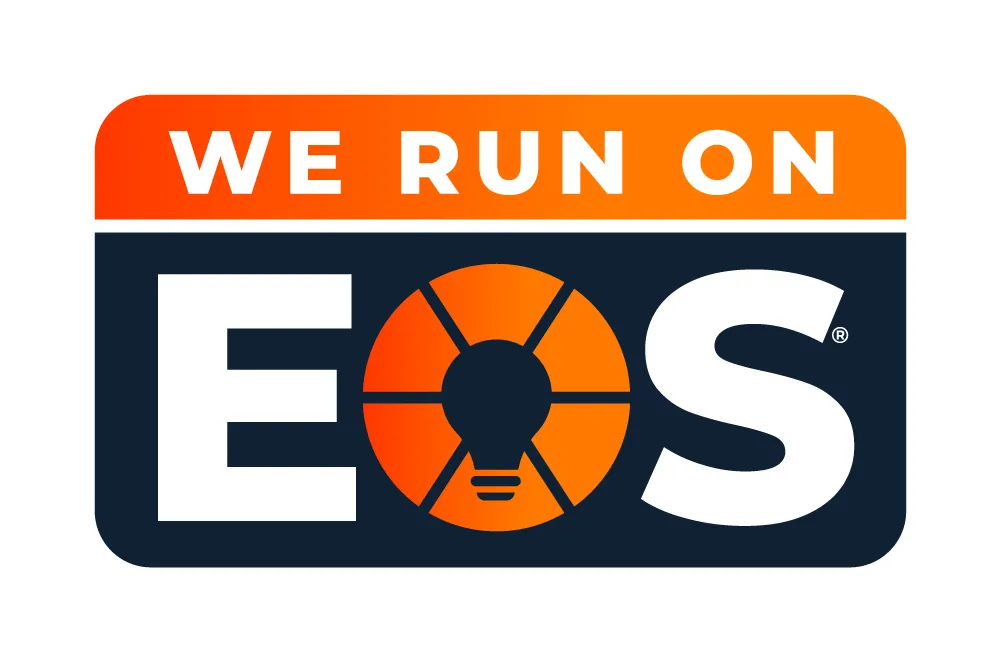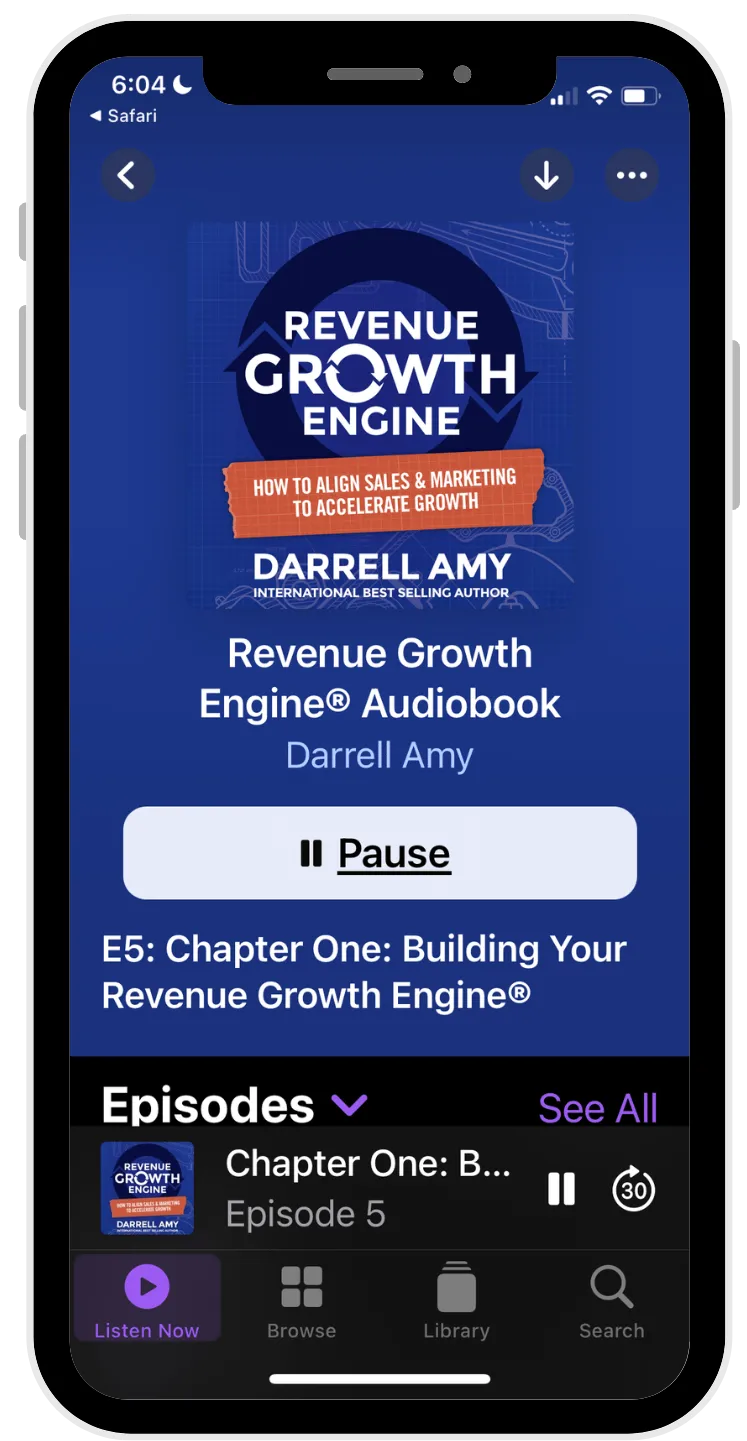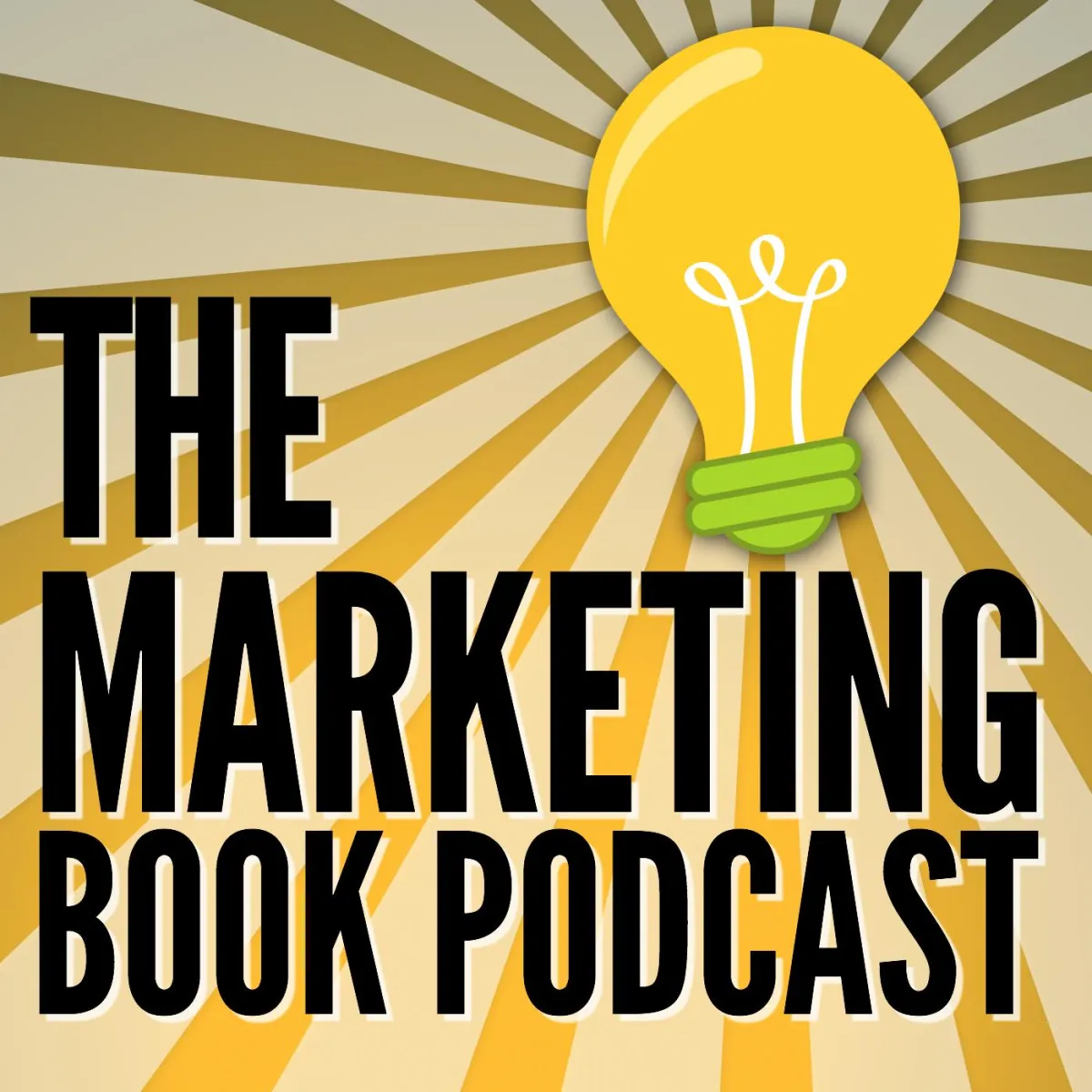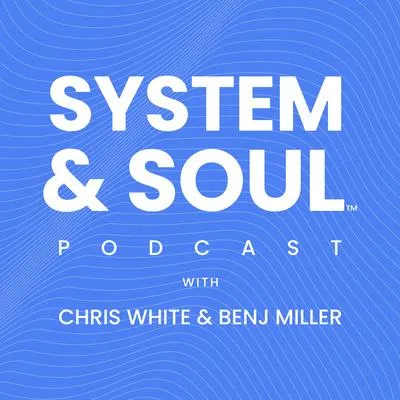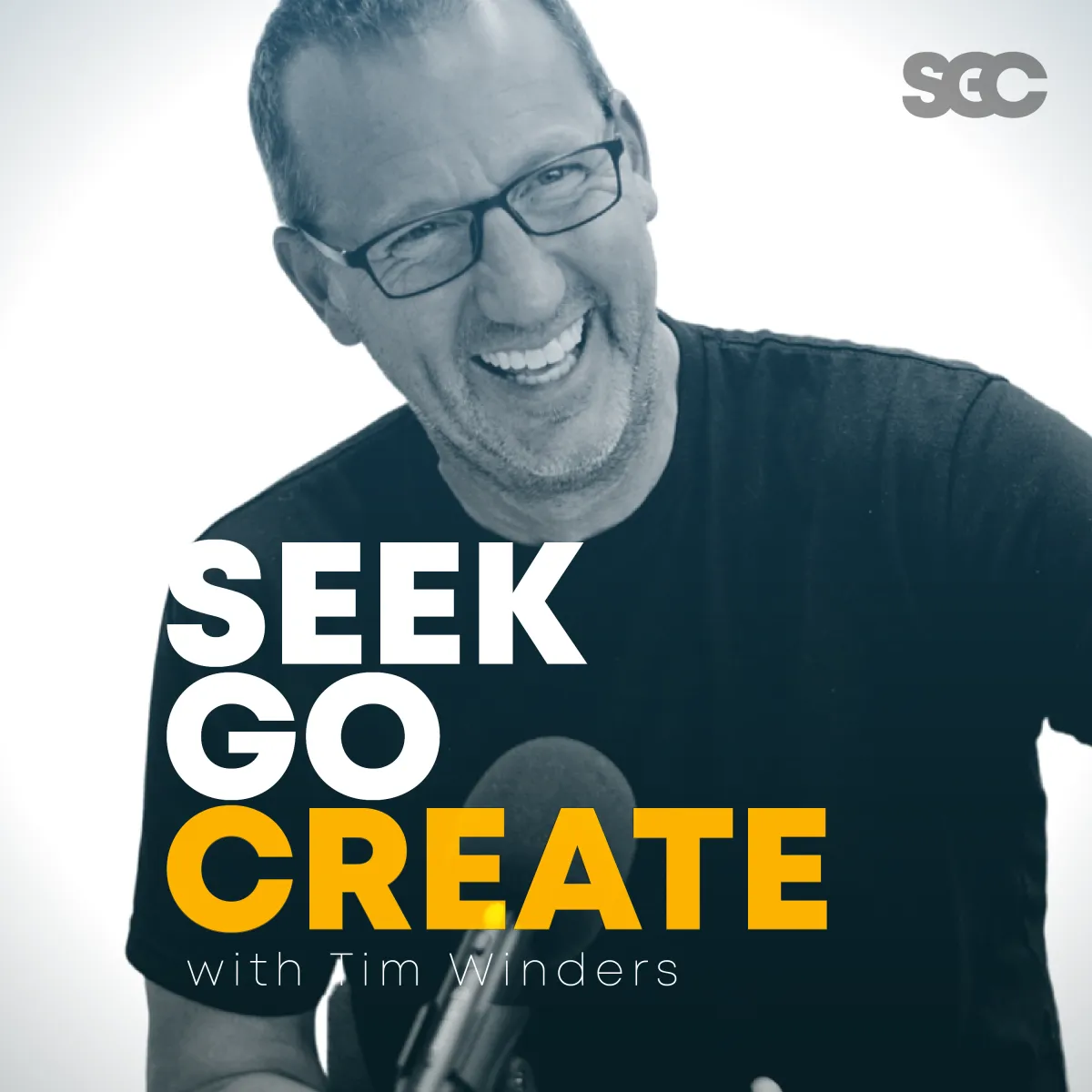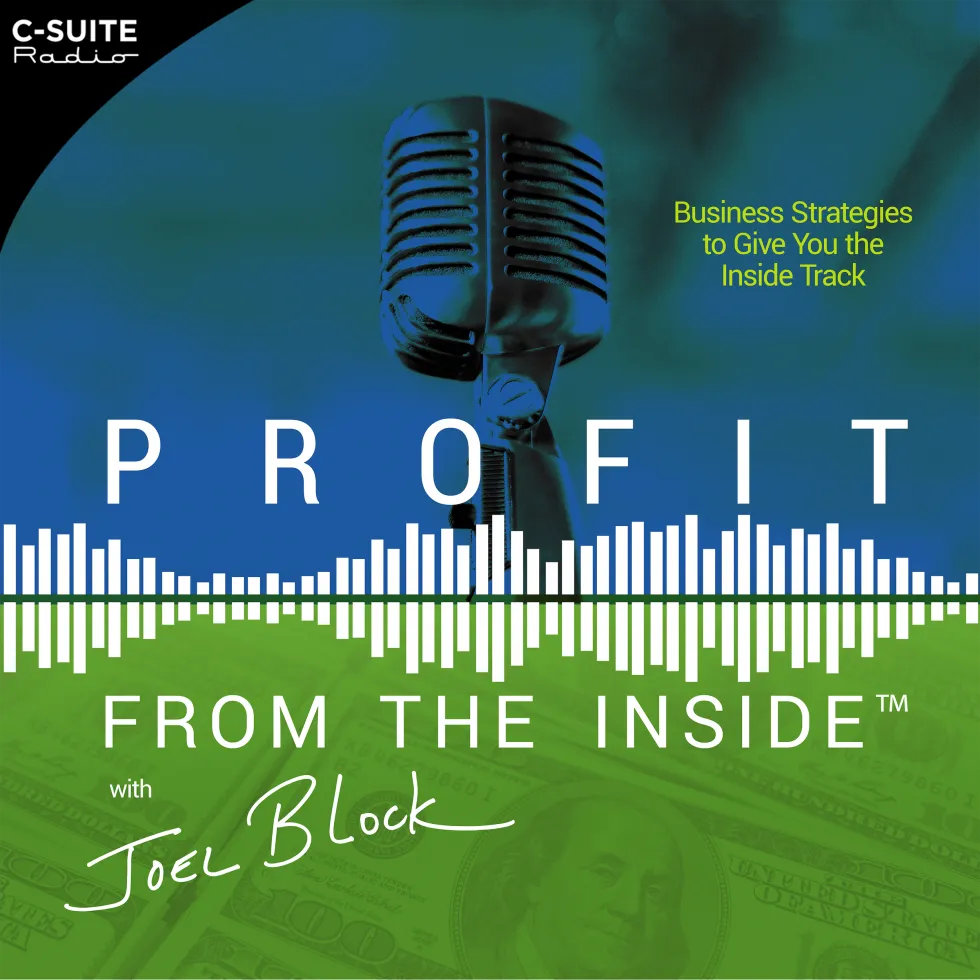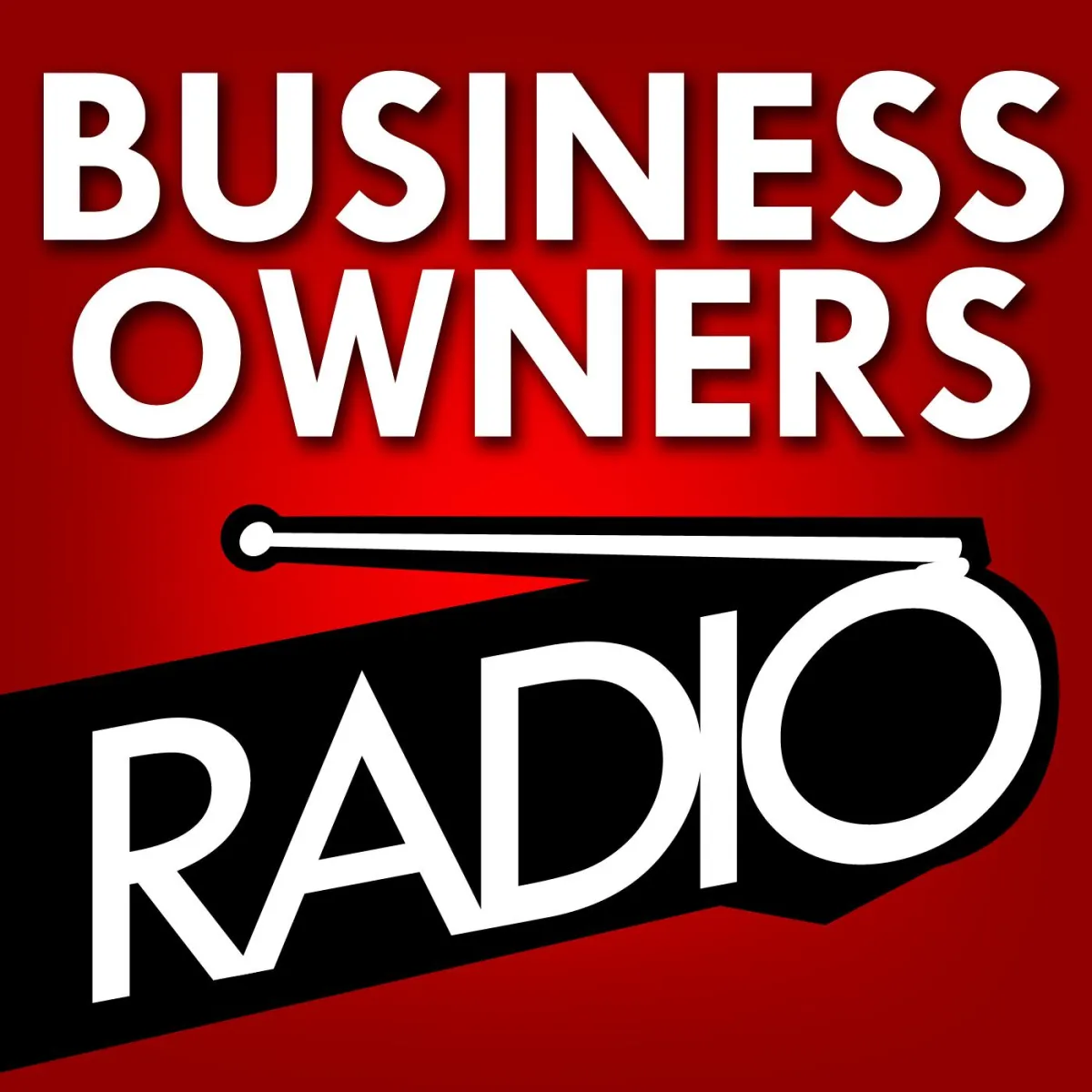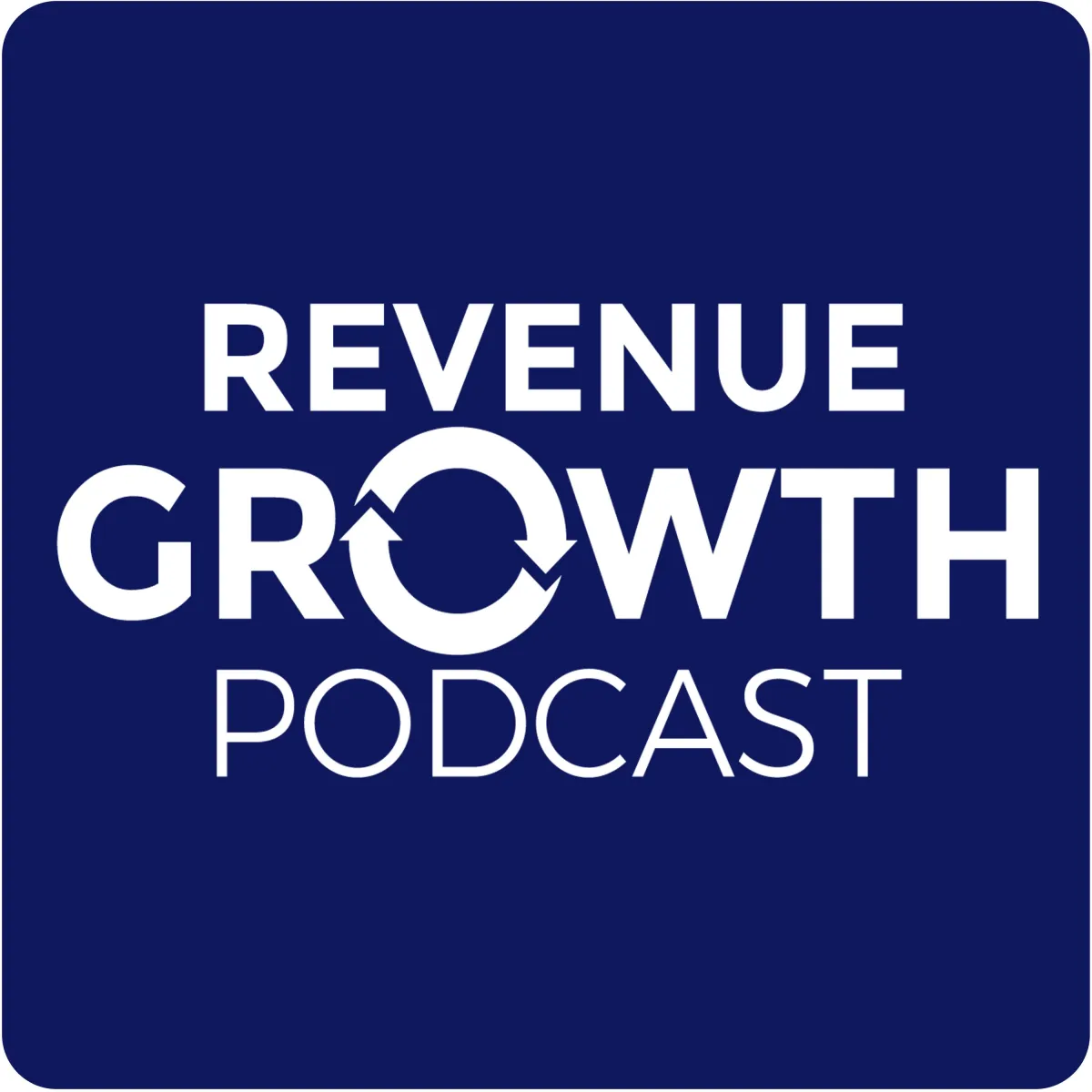Join Darrell Amy for the One Ideal Client Away Challenge,
April 10-14
www.oneidealclientaway.com
VISIONARIES AND INTEGRATORS
DISCOVER HOW TO ACCELERATE GROWTH
Learn how to build a powerful engine to drive exponential revenue growth.



REMOVE
BARRIERS TO GROWTH
Get the six barriers to revenue growth out of the way so you can accelerate.

DESIGN
YOUR ENGINE
2-day Revenue Growth Engine Design Workshop

ACCELERATE
YOUR GROWTH
Mentorship program to implement a high-performance growth engine.

IDENTIFY
YOUR BARRIERS TO GROWTH
If you feel stuck:
Like there is a glass ceiling of revenue that you just can't seem to break through
After working with thousands of entrepreneurs and executives and talking to hundreds of thought leaders I have identified six common barriers to revenue growth.
In a 20-minute conversation we will get straight to the heart of the matter, identifying your top barriers so you can breakthrough to the next level.
Our Ideal Client Profile
These are the types of companies we specialize in serving.
DESCRIPTION
Established companies with sales-teams that want to grow so they can create meaningful jobs and give to great causes.
DATA
Privately-held companies
Track record of generous giving
Part of a peer group or community of excellence.
DECISION MAKERS
Executive
Owner, Founder, President, CEO
Sales and Marketing Leaders
CRO, CSO, CMO,
VP Sales, VP Marketing
Funding Partner
Private Equity, Venture Capital

BUILD
YOUR REVENUE GROWTH ENGINE
Create a Custom Revenue Growth Engine®
Once you are focused on your Ideal Client now it's time to build a more powerful engine to accelerate growth!
In just two focused days you will create an actionable Plan to to generate immediate results that compound over time
A Powerful Revenue Flywheel that creates unstoppable momentum
Intense Focus on the types of clients or customers that can propel your business forward faster
High-Octane Fuel for your engine in the form of a message that gets attention
Scalable Processes for marketing and sales that drive net-new and cross-sell revenue that allow you to grow
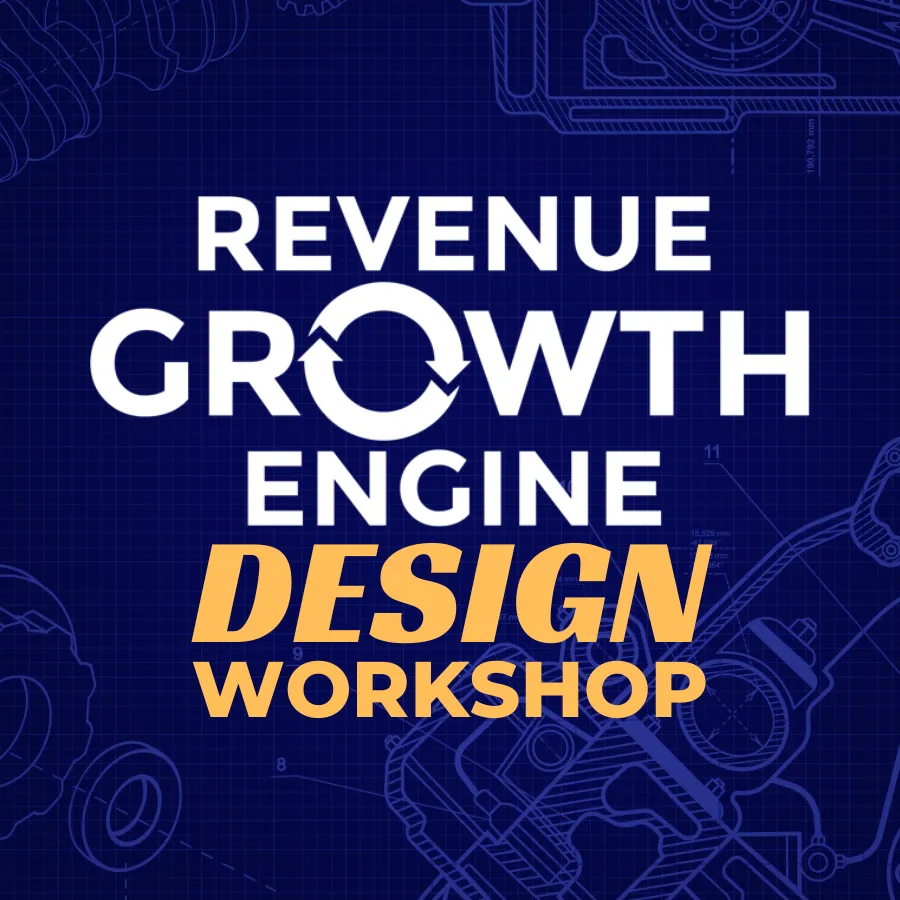

ACCELERATE
YOUR REVENUE GROWTH
Get Your Engine Firing On All Cylinders
Optimize, automate, and document your sales and marketing processes so you can enjoy exponential revenue growth.

If you are a leader at a company with a sales team, schedule your confidential consultation to discover:
The three biggest obstacles to revenue growth and how to remove them.
How other companies are creating Revenue Growth Engines.
Our vision to help purpose-driven companies scale their revenue and impact.
Real World Stories
Hear some real-world stories of companies building their Revenue Growth Engines®.
HOW WE CAN HELP YOU GROW FASTER

REMOVE
BARRIERS TO GROWTH
Get the six barriers to revenue growth out of the way so you can accelerate

DESIGN
YOUR ENGINE
2-day Revenue Growth Engine Design Workshop

ACCELERATE
YOUR GROWTH
Mentorship program to implement a high-performance growth engine
GET TO KNOW
DARRELL AMY
Darrell inspires and equips purpose-driven entrepreneurs to grow revenue so they can give back.
As the co-founder of the non-profit Kingdom Missions Fund, Darrell Amy noticed that the largest donations came from business owners, and he wondered how he could help generous business owners quickly grow revenue so they could give even more.
Darrell’s experience as a leader in sales and marketing has given him a unique perspective on what it takes to grow revenue. Distilling 27 years of experience, Darrell authored Revenue Growth Engine: How To Align Sales & Marketing To Accelerate Growth.
He is a member of the Forbes Business Council and he helps companies maximize growth through sales and marketing alignment. Darrell hosts the Revenue Growth Podcast and co-hosts the Selling From the Heart Podcast. He also volunteers as the executive director of the ManAlive EXPEDITION, an organization that helps men find healing and identity.
When he isn’t helping generous business owners grow their revenue in order to give more, he enjoys the outdoors including sailing, canoeing, and hiking. Darrell, along with his wife Leslie, enjoy spending time with their children and four grandchildren.

My BHAG
Help 10,000 businesses double revenue to generate $10 billion in new giving.
MAKE IT AN ADVENTURE!
TAKE THE ULTIMATE TREK AS YOU GROW YOUR REVENUE
Build your Revenue Growth Engine
Develop Physical Endurance
Trek to Everest Base Camp
Join adventurous entrepreneurs in an epic journey to scale your business as we train to trek to Mount Everest Base Camp!
BLOG
ACCESS OUR LATEST THINKING

Strategy Is the Breakfast of Champion Cultures
Peter Drucker famously said, “Culture eats strategy for breakfast.” The question I have today is, “What are you serving for breakfast?” The best company culture in the world will flounder without the hearty morning meal of strategy.
An effective company culture needs two essential components: strategy and execution. Execution is about driving operational excellence by doing things better than the competition. Strategy is a plan to create value by doing better things.
Great companies need both. Jim Collins, author of Good to Great, emphasizes, “We need to preserve the core and stimulate progress.” Therefore, the best culture is one that values both strategy and execution. Research from McKinsey & Company supports this, indicating that companies with a clear strategy and effective execution are 2.4 times more likely to outperform their peers.
What Are the Traits of a Strategic Culture?
Here are some characteristics that define a strategic culture:
1. Focused on the Goal Stephen Covey reminded us of the importance of “beginning with the end in mind.” What is the goal? A strategic culture knows where the company is headed and works together to continually refine the plan to get there. According to a study by Harvard Business Review, 70% of employees feel more engaged when they understand their company’s strategic goals. This alignment boosts productivity and morale, driving stronger results.
2. Obsessed with the Customer Strategic cultures are fanatical about understanding what their customers value. They spend time in the field, listen actively, and walk a mile in the customer’s shoes. A PwC study found that companies with a strong customer focus are 60% more profitable than those without. When it comes time to build strategy, strategic cultures include teams of people close to the ground—not just executives in ivory towers—to provide valuable insights that drive customer-centric decisions.
3. Committed to Cadence Strategic cultures recognize the importance of stepping away from daily operations to focus on strategic thinking. While it may feel inefficient in the short term, this investment of time is crucial for long-term success. According to research from Deloitte, 92% of executives believe that organizational agility is critical to business success, but only 27% consider themselves “highly agile.” Leaders must prioritize and protect space for strategy sessions to bridge this gap and foster an adaptable, forward-thinking organization.
4. Engaged Employees The Working Genius model by Patrick Lencioni demonstrates that each individual is gifted with certain “geniuses” and faces specific “frustrations.” People with the Working Geniuses of Wonder, Invention, and Discernment excel in strategic conversations. Engaging these individuals in strategy development can dramatically enhance the process. Moreover, a Gallup report found that organizations with high employee engagement are 21% more profitable. Strategic planning is not a solo sport for the owner of the business. In a company with a strategic culture, employees from all levels are invited to contribute, creating a sense of ownership and inclusivity.
What’s for Breakfast at Your Company?
When your employees show up tomorrow morning, what’s for breakfast? A weak strategy is like serving a Pop Tart—quick and easy but lacking substance. A well-crafted, continually refined, and consistently communicated strategy is like the All-American breakfast with maple-smoked bacon, scratch biscuits, and homemade jam. It’s rich, filling, and sets you up for the day with energy and focus.
A culture of execution is crucial. However, it’s only half the game. Building a culture that values both execution and strategic thinking will drive sustainable growth and create long-term value. According to Bain & Company, companies that prioritize a combination of strategic thinking and strong execution outperform the competition by 6% on average annually.
So, what will your company serve for breakfast?
Originally published on Darrell Amy's LinkedIn.
PODCAST
GET FRESH IDEAS FOR GROWTH
Are you looking for ways to scale your business? Welcome to the Revenue Growth Podcast with Darrell Amy. This is the place for business owners, sales leaders, and marketing professionals to get ideas an inspiration to drive exponential revenue growth. Each week you’ll get actionable insights from the world
LET'S TALK!
ABOUT ACCELERATING YOUR GROWTH
